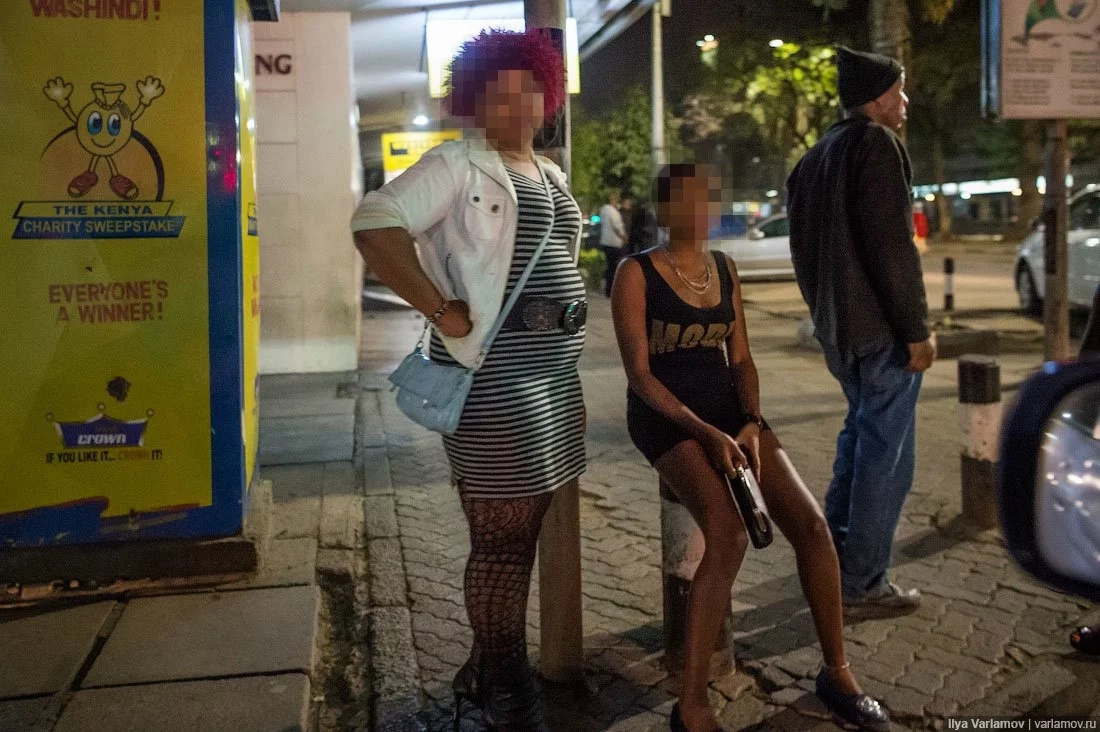
WEIGHT: 51 kg
Breast: AA
One HOUR:100$
NIGHT: +70$
Services: Sex lesbian, Toys, Massage classic, Watersports (Giving), Strap-ons

By Mary Anne Fitzgerald. Bernadette carefully rolls a condom down over a bottle while her audience nods in approval. Then Marie produceds another condom, puts it to her lips and blows it into a balloon.
She waves it above her head, enjoying the reaction of the giggling women. The lighthearted joke marks the end of the class in how to cope with AIDS.

But for the group of women, the subject is no laughing matter. Each one knows that she could become infected with HIV, the virus that causes the disease. Each one fears that she may already be infected. The women sitting and standing in their sparsely furnished sitting room are in their teens, twenties and older. In the evenings this breeze-block house in La Gokunga, the red light district of Bangui, capital of the Central African Republic, is put to a different use.
But every Thursday afternoon, while children play in the dimly lit cubicles that lead off the corridors, they address an issue that for too long has been ignored by most African governments. Whatever the name, they face an exceptionally high risk of infection with HIV. Among the prostitutes in this capital, three-quarters could be seropositive, according to the tests carried out by the Paris-based Pasteur Institute. Between and the number of people who tested positive for abtibodies to HIV in Bangui almost doubled each year, from 2.

And the prevalence in rural areas was on the increase. But an unusually frank programme of AIDS education, begun three years ago, has provided a beacon of hope. Preliminary results indicate that the rate of HIV infection in Bangui has begun to level off. If this is so, it almost certainly results from greater public awareness. Doctors will not yet draw conclusions, and warn that the plateau may be temporary.

































